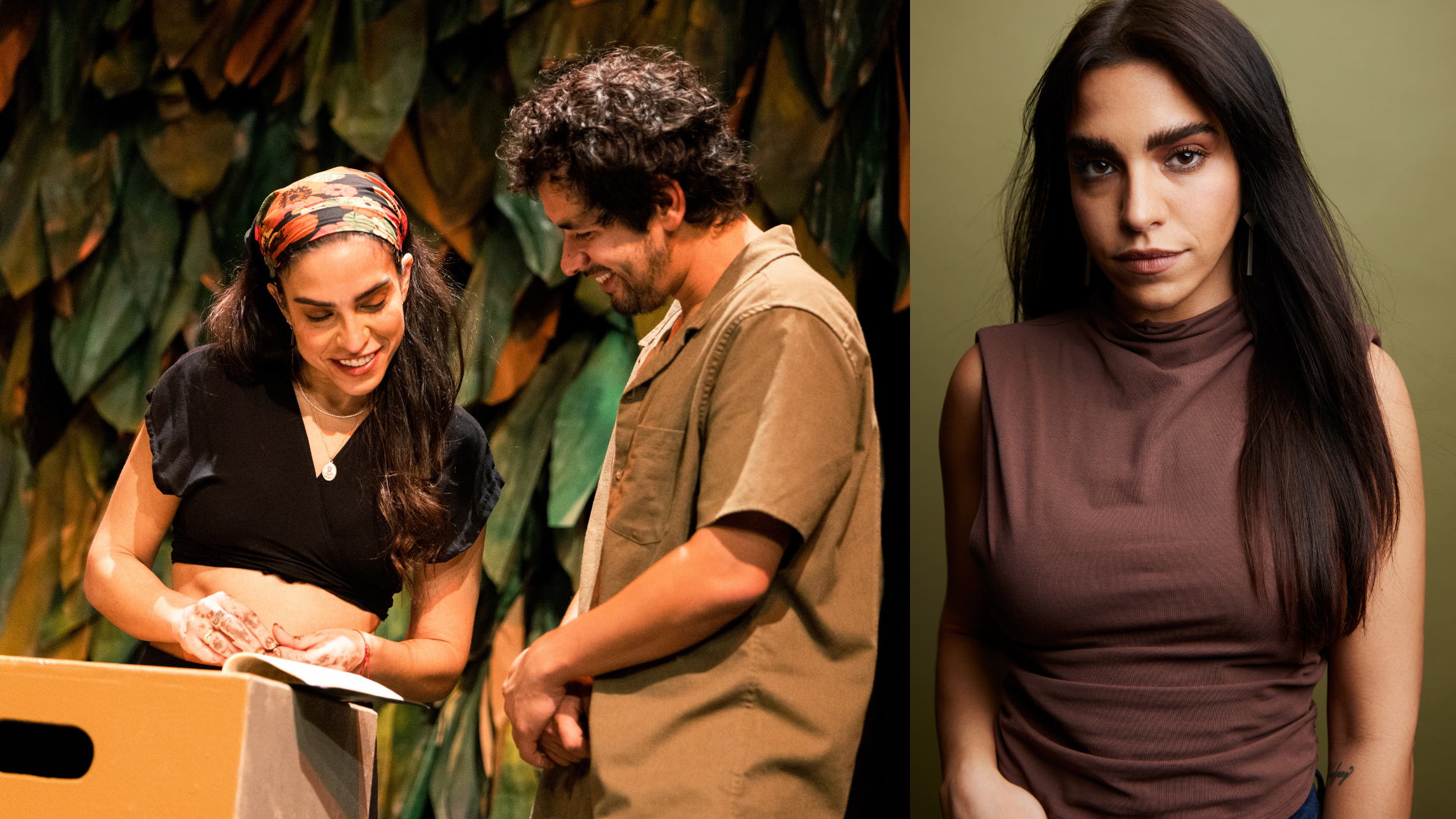“Ybor City,” a fully bilingual production by writer and director Mariana Da Silva, enters its final few days with The Actors’ Gang in Culver City, California this week. The play, which centers cigar factory workers and their struggles, community, and perseverance, has run for the past month, and will hold its final show on April 5th. Da Silva spoke with us about the production, her goals moving forward, and the impact current times and events have had on her work.
The Many Stages of “Ybor City”
Though her work with The Actors’ Gang this year saw the first full production of “Ybor City,” Da Silva first conceptualized the play in a workshop in 2024. The process was new, but welcome, territory for Da Silva. “Seeing a play evolve in stages is something I’ve never done before,” she said. “One of the things I’ve learned the most from this process is the patience to find them, instead of feeling like you need to have an idea right away.”
Da Silva’s inspiration from the full production of “Ybor City” came not only from her own experiences, but also from genre films and the “Ybor City” actors themselves. She wanted the play to feel “new and fresh” for people who had seen the previous version, but she also wanted to make sure audiences felt the intention built into every aspect.
Language Is Just A Guide to The Emotion
One such intention in “Ybor City” is the use of both English and Spanish in ways that allow audiences to understand the meaning even if they do not quite understand the language. Da Silva’s mentor, actor and Artistic Director Tim Robbins, said the production “immerses the audience in a world where movement and language collide, transcending cultural and linguistic barriers.”

This was an important aspect of the play, and Da Silva attributed the success of it to her being able to work on the script with Robbins, who himself is not Latin American and who isn’t fluent in Spanish. “It made me feel,” Da Silva said, “that if it was resonating with him, then it could resonate to a larger audience.”
Emotion, and the levels at which we connect to each other, is something Da Silva values in all her work. “Language is just a guide to the emotion,” she said. “If you’re heartbroken, I can understand what that feels like even if we haven’t had the same exact experience. It doesn’t matter what language I’m watching that happen in, I understand.”
What Is It That You Want?
As an immigrant herself, Da Silva is very cognizant of how immigrants in the United States can feel a unique kind of pressure to excel. Expectations to live life a certain way because of immigration was a conversation she wanted to include in “Ybor City” and her other work. “The play really asks you to ask yourself, regardless of who you are, what is it that you want? What’s the kind of life that you want to live? Not what’s given to you, and not what’s told to you that you should want.”
For Da Silva, art is the perfect avenue through which audiences can ask themselves these questions and begin to engage in meaningful conversations about it. “My goal is that people leave asking themselves questions about who they are based on their own standards and not the standards of society or culture or of tradition even.”

As far as what Da Silva wants for her own future, that unsurprisingly includes a continued exploration of visual storytelling and community outreach. Alongside a goal to expand “Ybor City” further into a film, Da Silva also wants to see her non-profit organization, El Cine, grow. “Everything I do is focused on creating these spaces for Latin stories. That mission goes on.”
“Ybor City” plays at The Actors’ Gang Theater in Culver City, California, Thursdays — Saturdays at 8pm. The last performance is Saturday April 5th at 8pm.


 Researcher, writer, fangirl, and book hoarder, Danielle is an American living in the U.K. Her interests include, but are not limited to: Star Wars, The Bear, The Last of Us, Marvel, and anything to do with Edgar Allan Poe. She is best known through her TikTok account @writteninthestarwars where she covers a wide range of fandom content.
Researcher, writer, fangirl, and book hoarder, Danielle is an American living in the U.K. Her interests include, but are not limited to: Star Wars, The Bear, The Last of Us, Marvel, and anything to do with Edgar Allan Poe. She is best known through her TikTok account @writteninthestarwars where she covers a wide range of fandom content. Researcher, writer, fangirl, and book hoarder, Danielle is an American living in the U.K. Her interests include, but are not limited to: Star Wars, The Bear, The Last of Us, Marvel, and anything to do with Edgar Allan Poe. She is best known through her TikTok account @writteninthestarwars where she covers a wide range of fandom content.
Researcher, writer, fangirl, and book hoarder, Danielle is an American living in the U.K. Her interests include, but are not limited to: Star Wars, The Bear, The Last of Us, Marvel, and anything to do with Edgar Allan Poe. She is best known through her TikTok account @writteninthestarwars where she covers a wide range of fandom content.





